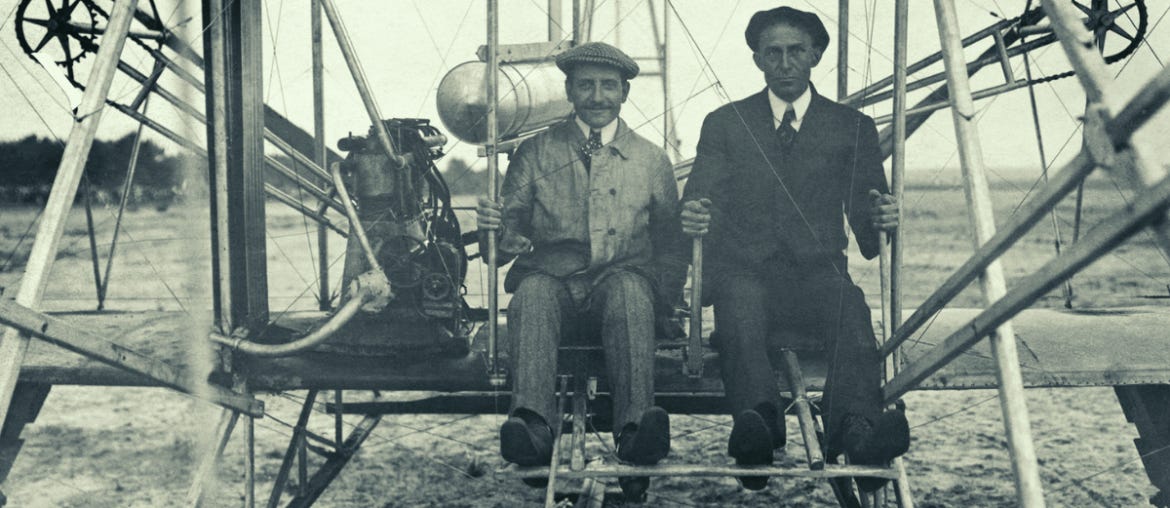We live in a culture that prizes being right. The correct answer on the test. The best strategy in the boardroom. The “I told you so” moment. Being wrong, on the other hand, often feels like a scarlet letter: embarrassing, shameful, something to be covered up.
But what if being wrong wasn’t a weakness? What if it was a strength?
The Golden Side of Wrong
Being wrong is how we grow. Every time we realize, Oh, I misunderstood that or I had the wrong assumption, we’re given a chance to adjust our view of the world. It’s like finding a trail you thought would take you north but actually curves west. You can shake your fist at the map and keep insisting north is this way, or you can laugh, admit you were wrong, and discover a new landscape you never planned on.
When we normalize being wrong, we open the door to curiosity. We allow ourselves to test ideas, to play with possibilities, to make bold statements knowing we might have to backtrack later. That’s not weakness; that’s how knowledge works. Every scientist, every philosopher, every explorer has been wrong countless times.
Why It Feels So Hard
Being wrong cuts at our pride. No one likes admitting that they misunderstood, miscalculated, or misread a situation. But so much of life is interpretation, and interpretations shift as new information comes in.
Think about the little “facts” we all once believed: Pluto is a planet. Tomatoes are vegetables. Coffee will stunt your growth. The four minute mile is an impossibility. In 1903, the New York Times published an editorial suggesting that it would take one to ten million years for humans to develop an operational flying machine. The Wright Brothers did it 69 days later.
The world doesn’t end when these ideas crumble. Instead, our understanding expands.
“In your FACE, New York Times!” - The Wright Brothers, probably. I don’t know, I might be wrong about that quote.
And here’s the kicker: if we insist on never being wrong, we stop ourselves from learning. We double down. We dig in. We close off the possibility of growth just to preserve an illusion of correctness. We do ourselves a huge disservice.
Small Wrongs, Big Lessons
I’ve been wrong plenty of times. About how hard a project would be. About how easy a project would be. About the mileage left in a race. About a project that I was sure would develop into a bestseller. Each of those mistakes made me better at what I do.
Sometimes being wrong is frustrating in the moment, but it always carries a gift: humility, a better method, a clearer understanding. Being wrong teaches us resilience just as surely as failing does.
Making Space for Wrongness
What would the world look like if we celebrated wrongness as much as we do rightness? If we congratulated someone for changing their mind instead of mocking them for inconsistency? If we saw being wrong not as shameful, but as evidence of curiosity and growth?
Imagine how much freer conversations would feel. How much more willing we’d all be to say, “I don’t know, but I’d like to learn.”
A Closing Thought
It’s okay to be wrong. In fact, it’s better than okay. It’s a sign you’re alive, paying attention, and willing to keep adjusting your mental map as the trail winds on. There’s something golden in that: a glint of humility, a spark of growth, and maybe even a little joy.



"Science is 99% failure" Dr. Robert Lefkowitz. Repeatedly being "wrong" are the stepping stones to true innovation, to real success.
Or as I like to say, you can't be right until you've been wrong a few times.
Welcome back Jenn! Nice to see you publishing again.
If we congratulated someone for changing their mind instead of mocking them for inconsistency - I adore this thought. I will congratulate myself when next time I admit I was wrong and pledge to do that for others too. Thank you for giving me this seed!